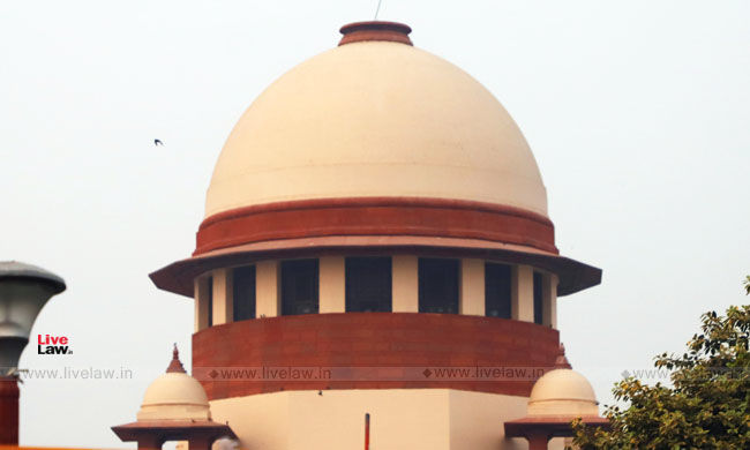The Supreme Court on Wednesday refused a plea to quash a case registered by the Enforcement Directorate under the Prevention of Money Laundering Act over the loan fraud allegations in Telangana.A Bench headed by Chief Justice of India SA Bobde observed that the banks have agreed for One-Time Settlement could not be a ground for quashing, even though it could be a defence in trial,...

